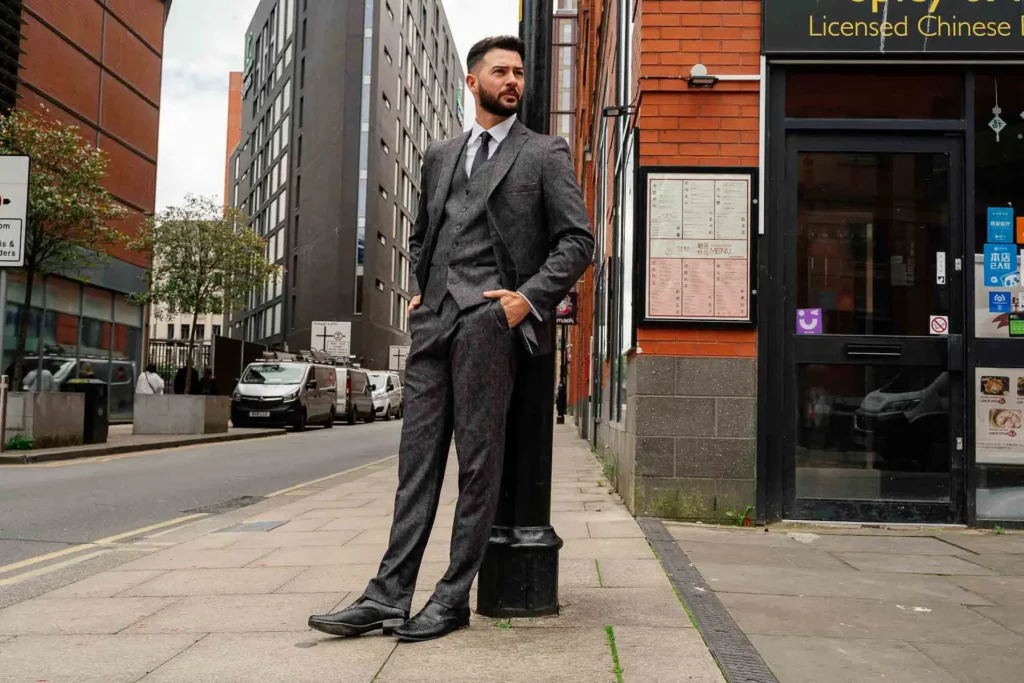The prospect of an upcoming job interview can be both exciting and nerve-wracking. Whether you’re a fresh graduate preparing for your first job, or a seasoned professional looking to change careers, thorough preparation is key to making a lasting impression and increasing your chances of landing your dream job.
In today’s competitive job market, it’s not enough to simply show up and hope for the best. Employers are looking for candidates who demonstrate initiative, knowledge, and genuine interest in their organisation. That’s why we’ve compiled this guide on five ways to prepare for a job interview.
Research the Business
When preparing for an interview, it’s crucial to demonstrate your understanding of the company and its industry. Dive deep into research about:
- The sector the company operates in. What are the current trends, challenges, and opportunities that the organisation faces?
- Learn about the company’s history, mission, values, and recent achievements. What makes them unique in their field?
- Follow their social media accounts to get a sense of their public image and communication style.
Use this information to formulate thoughtful questions and demonstrate your genuine interest in the role. This shows you are serious about the opportunity and helps you convey how you can make a positive impact.
47% of recruiters may reject candidates who show no prior knowledge of the company. This statistic underscores the importance of aligning yourself with the company’s values and mission and demonstrating your commitment to the organisation if you were to get the job.
Carefully Analyse the Job Description
The job description is your roadmap to understanding what the employer is looking for. Study it thoroughly to ensure you understand the key responsibilities of the role, the required qualifications and skills and the desired experiences. Consider how your past experiences align with these.
Identify both hard skills (technical abilities) and soft skills (interpersonal qualities) they’re seeking. For each key point in the job description, prepare a specific example from your experience that demonstrates your capability. This preparation will help you provide relevant, concise answers during the interview.
Prepare Thoroughly
Consider key questions that the majority of interviewers will ask:
- “Can you tell me about a challenging project you’ve worked on? How did you handle it, and what was the outcome?”
- “How do you prioritise tasks when facing multiple deadlines?”
- “Describe a situation where you had to work with a difficult colleague. How did you manage it?”
- “What motivates you to perform well in your job?”
Use the STAR method (Situation, Task, Action, Result) to structure your responses to questions about past experiences. Ask a friend or family member to play the role of the interviewer and conduct a mock interview.
Practice your responses out loud and ask for feedback on your delivery and body language. Remember, the goal isn’t to memorise scripted answers but to become comfortable discussing these topics naturally.
Dress to Impress
While dress codes vary, it’s always wise to research the company’s typical attire. Look at photos on their website or social media to get a sense of the typical dress code. When in doubt, It’s usually better to be slightly overdressed than underdressed so a suit is always a safe choice. Stick to conservative colours like navy, dark grey, or black for suits.
According to a survey:
- 7% of senior managers believe candidates should always wear a formal suit to interviews.
- 36% feel the proper attire depends on the position or department.
- In sectors like finance, insurance, and real estate, 46% of managers prefer formal attire for interviews.
Make a Good Impression
Making a positive impression involves more than just answering questions well.
- Be Punctual:
Aim to arrive at least 15 minutes early. This demonstrates your eagerness and respect for the interviewer’s time. If you’re unexpectedly delayed, call ahead to explain and apologise. - Be Authentic:
Be genuine in your interactions. Employers want to see the real you. This helps them envision you as a positive addition to their workplace. Remember, 76% of employers reject candidates who come across as arrogant, so balance confidence with humility. - Show Good Body language:
From your handshake to your posture, non-verbal cues speak volumes. Maintain composed, confident body language to show you can handle pressure well. - Ask Insightful Questions:
Use your research to ask thoughtful questions about the business. This demonstrates your genuine interest and initiative. Be prepared to discuss potential improvements or solutions to challenges the company is facing to demonstrate how you could be a valuable asset to their team.
By expanding on these five key areas, you’ll be thoroughly prepared for your interview. Remember to stay calm, be yourself, and showcase your unique qualities and skills. Each interview is an opportunity to learn and improve, so approach it with a positive mindset. Good luck!

